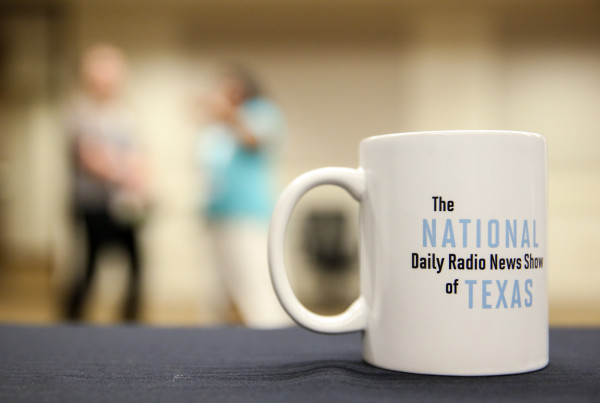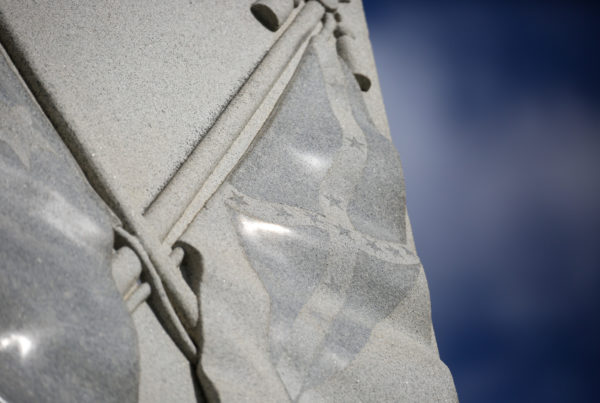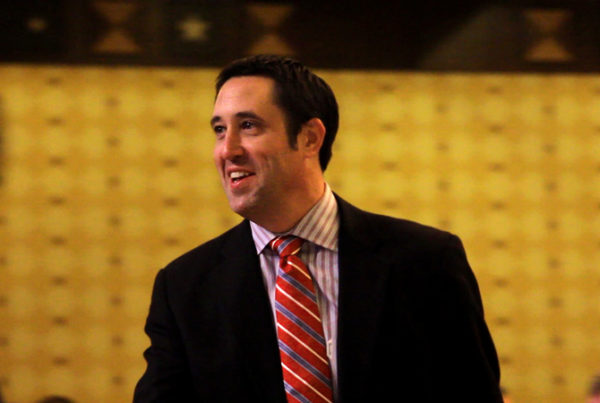Big Brother is always watching – that’s a growing concern for technology users lately. Ride-hailing giant Uber just settled with the Federal Trade Commission regarding accusations that it failed to protect user data. But some people say the biggest offender of digital privacy is the U.S. government.
Shelly Brisbin, Texas Standard’s web editor and author of over a dozen tech books, says the government is challenging the boundaries of privacy when it comes to cell phone data and internet activity. Verizon, along with Apple, Facebook, Microsoft and other tech giants have filed an amicus brief in a case where the government requested cell phone data for the suspect in a series of robberies. The Supreme Court will hear that case this fall. The companies are reluctant to hand over customer data, and are also hampered by the lack of clarity in the law around data privacy.
The Department of Justice also requested a large amount of data from web hosting provider DreamHost, including 1.3 million IP addresses, contact information and forms filled out by visitors to one of its websites that helped organize protests around President Donald Trump’s inauguration. It’s unclear why the government has requested such a large volume of information, and DreamHost is fighting the subpoena.
Brisbin says protecting privacy is easier for people who are tech savvy. For the layman, she says one good way is to deal with companies like DreamHost who have a strong privacy ethic — and be a watchful web surfer.
Written by Caroline Covington.
















